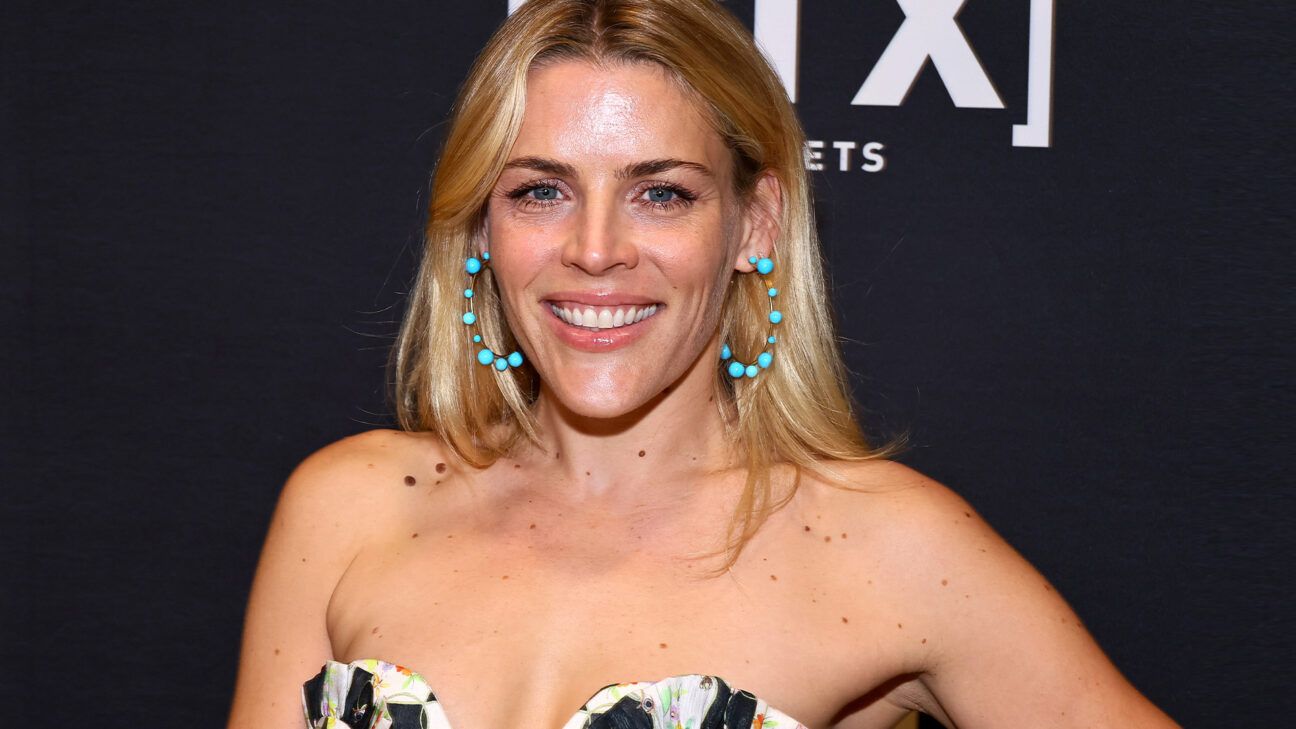
- Actress Busy Philipps is talking about being diagnosed with ADHD as an adult.
- ADHD is often diagnosed in childhood and about 10% of children in the U.S. have the condition.
- ADHD symptoms include trouble organizing tasks, fidgeting, talking excessively, or having trouble waiting.
ADHD or attention-deficit/hyperactivity disorder is a condition that generally starts to present during childhood and affects
Actor Busy Philipps is among those who received a diagnosis later in life and is opening up about her journey with this health condition.
Philipps, who is currently starring in “Girls5Eva,” said she had ADHD symptoms for years but was never diagnosed until her older daughter had signs of the condition. An estimated 8.7 million adults in the U.S. live with ADHD, according to research.
Symptoms of ADHD can
- trouble organizing tasks
- fidgets with or taps hands or feet
- Talks excessively
- Has trouble waiting for their turn
The actress has partnered with Supernus Pharmaceuticals to talk about the medication she is currently taking, Qelbree, along with her personal experience with ADHD.
We had the opportunity to chat with Philipps about her ADHD diagnosis, how it’s impacted her mental health and the advice she wants to share with other women who have been recently diagnosed.
I’ve been experiencing symptoms of ADHD my entire life. I just didn’t know what it was and wasn’t properly diagnosed as a young woman and even into my adult years. It wasn’t until I was with my older daughter at a doctor’s appointment. We were trying to figure out what was going on with her schoolwork and the ways that she was presenting as disorganized and not being able to focus that as the doctor was going through the checklist for ADHD I just looked at my ex-husband and thought, ‘I have every single one of those.’
I had been overwhelmed for so many years for what I thought was some sort of deficiency in me not being able to focus or keep different tasks straight, mixing up times and dates, and double booking things. Especially as a working mother, it can be very challenging regardless of whether or not you have ADHD. But I frequently felt so badly about myself and it affected my self-esteem as the years went on.
Once I got the diagnosis and started a treatment that worked for me, the world shifted in the way I perceived it and what I felt capable to take on. I take this non-stimulant medication, Qelbree, to help manage my symptoms.
It was like a fog lifted. And not just in terms of being more productive, being on time for my appointments and all of those things, also just in the way that I feel about myself and feel when I’m not able to complete everything. Because I think I was feeling such intense overwhelm before I really knew what it was that I allowed it to be some sort of indictment of my own personality.
I think that it’s wonderful that people are talking about this, especially women because as we know across the board in women’s healthcare we have to work twice as hard and advocate for ourselves in order to get the right diagnosis.
For many years, I was treated by several different doctors for having other kinds of things like low-grade depression, but that honestly wasn’t my issue. My issue was that I was experiencing a great deal of anxiety because my executive functions were not at the level they needed to be at and my brain wasn’t able to make sense of all of it.
In the last few years as more people are talking about ADHD with the rise of social media and people being able to get more information faster you see that women are being diagnosed more and more. When I was a kid people back then associated ADHD with hyperactivity and a person that couldn’t sit still. But for me the chaos was inside my own brain and causing me a great deal of anxiety and feeling terrible about myself.
I think back to my early to mid-30s and how exhausted I was all the time because I was spinning so many different wheels trying to keep it all together. I’m sad that I didn’t have the information to be able to go a doctor and say, ‘but I feel terrible because I can’t finish anything. Because I can’t get out of my house in under 25 minutes. Because last week I booked three separate events on the same night at the same time.’ Those things can cause you to feel terrible about yourself. Especially when you see other people who are seemingly able to handle things and do the most.
That’s why I feel strongly about talking about it. Once I started opening up on my podcast about my experience, so many women reached out and shared that they had the same experience or said, ‘I was listening to you talk and it sounded like you were describing me.’ And ‘I’m going to see my doctor next week…because I’ve also struggled with this my whole life.’
First of all, there’s no shame and no stigma attached to any of this. We have to get past that.
In general, what I’m hoping we can all work toward is engendering more kindness and grace towards everyone else’s experience but also deeply to ourselves. I do think the people who lash out the most are feeling the worst about themselves. So, I would say to someone who is newly diagnosed to remember to give themselves some grace, love and understanding and not feel shame about the fact that their brain works differently.









